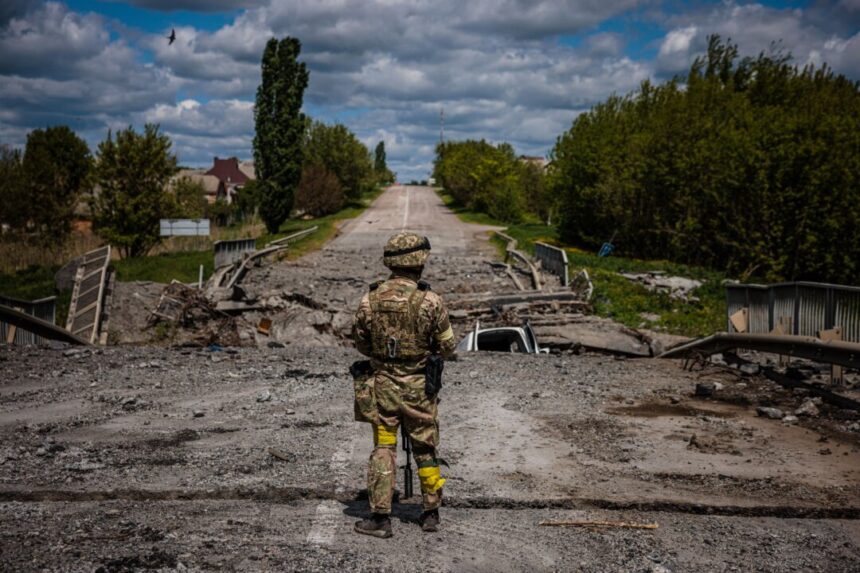Expert: The US may benefit from a prolonged conflict in various ways. Europe’s historical wariness towards Russia stems from its rapid expansion and acquisition of vast territories, earning it the title of “land-grabbing czar.” This growth transformed Russia from a small country to a massive empire spanning over 10 million square kilometers, which heightened Europe’s concerns.
The conflict between Russia and Ukraine, marking the first large-scale interstate war in Europe since World War II, has had a significant psychological impact on Europe. The invasion of a sovereign country by Russia, known for its reliance on brute force, poses a substantial threat to smaller nations within the EU.
Modern warfare relies heavily on logistics, weapons, and economic strength. The response to Russia’s invasion of Ukraine in 2022 saw the United States providing approximately $46 billion in aid, with Europe contributing around $20 billion, altering the dynamics of the war.
As the conflict continues, the US leverages its strategy by providing restricted weapons aid to Ukraine to prevent escalation and direct engagement with Russia. This approach aims to keep Europe under pressure and economically strain Russia, with the long-term goal of weakening Russia’s global influence.
Some experts argue that while Russia’s invasion of Ukraine has significant impacts, it may not pose a substantial military threat beyond the current conflict. With adequate support from the US, NATO, and Europe, the dynamics on the battlefield are expected to shift significantly.
It is important to note that the views expressed in this article are the opinions of the author and do not necessarily reflect those of The Epoch Times.
Source link





